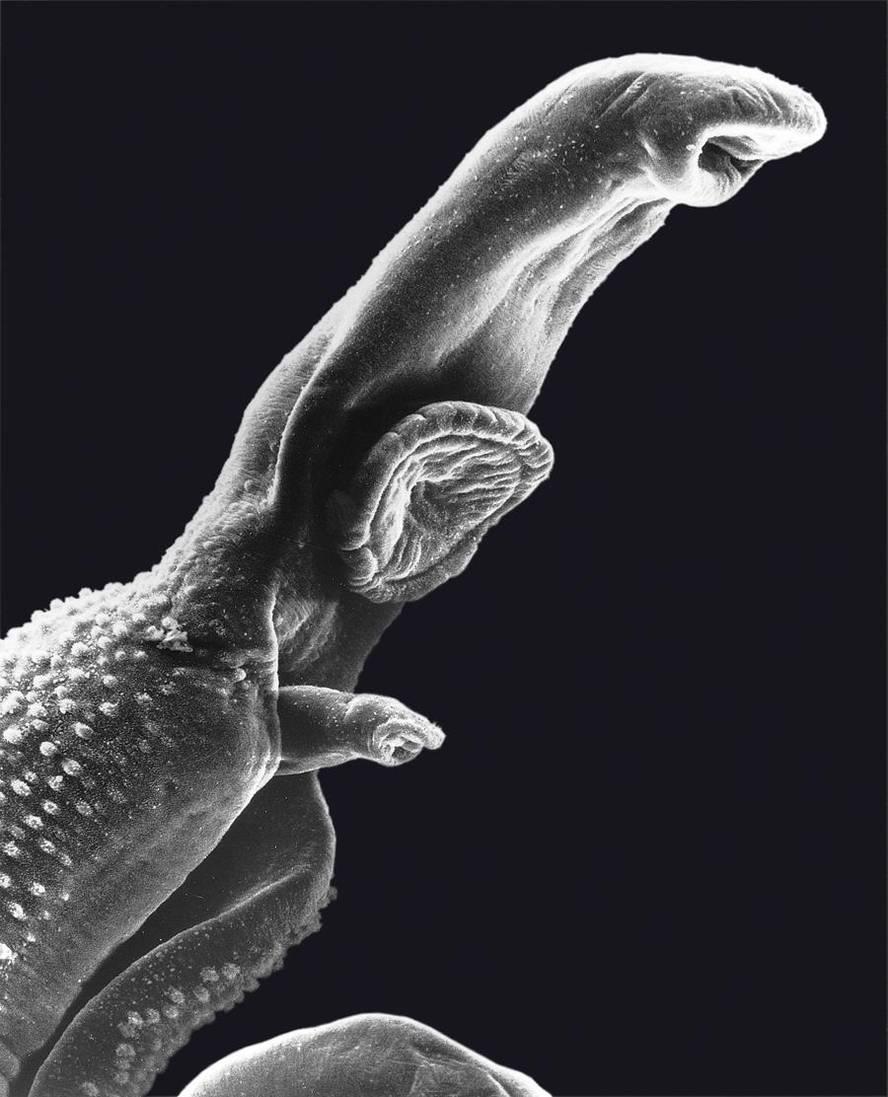The parasites are the ones that have exercised the most strength on the human genetic variability
Adaptation to pathogens is the largest agent of natural selection, more than climate and diet
Pathogens have been the environmental factors that have most influenced the natural selection of humans, especially parasitic worms. To this conclusion comes a team led by a researcher from the University of California, which has been released in the journal PLoS Genetics.
The extension to other regions has forced the human being to adapt to the climate, to the food source and to the new pathogens, predominating in the group the genetic varieties of the members that best adapt to each medium.
With the aim of clarifying which of these three environmental conditions exerts more pressure on natural selection, researchers analyzed 1,500 people from 55 populations. The frequency of each of the genetic variants in each population was calculated and a model was created to predict their distribution. The model also included the three factors that can lead to the selection pressure in the human genome.
Subsequently, the individual elimination of model factors was carried out to see which was the one with the highest incidence in the prediction capacity of the model. In the results they realized that the three were important, but that the greatest force is exercised by the pathogens. Among the pathogens, it seems that parasitic worms have greater influence than viruses and bacteria, since they evolve more slowly and, therefore, give time to the human genome to protect themselves from them and fix the genetic varieties generated. Using the model, the researchers identified 103 genes associated with the response to pathogens.
In this study, scientists have found that genetic variations in response to pathogens have made us more sensitive to autoimmune diseases. Although they have not yet fully confirmed it, the researchers' hypothesis is that we have developed a more aggressive immune system due to pathogens. In the absence of pathogens, researchers believe that the genes that protect us can produce autoimmune diseases.






